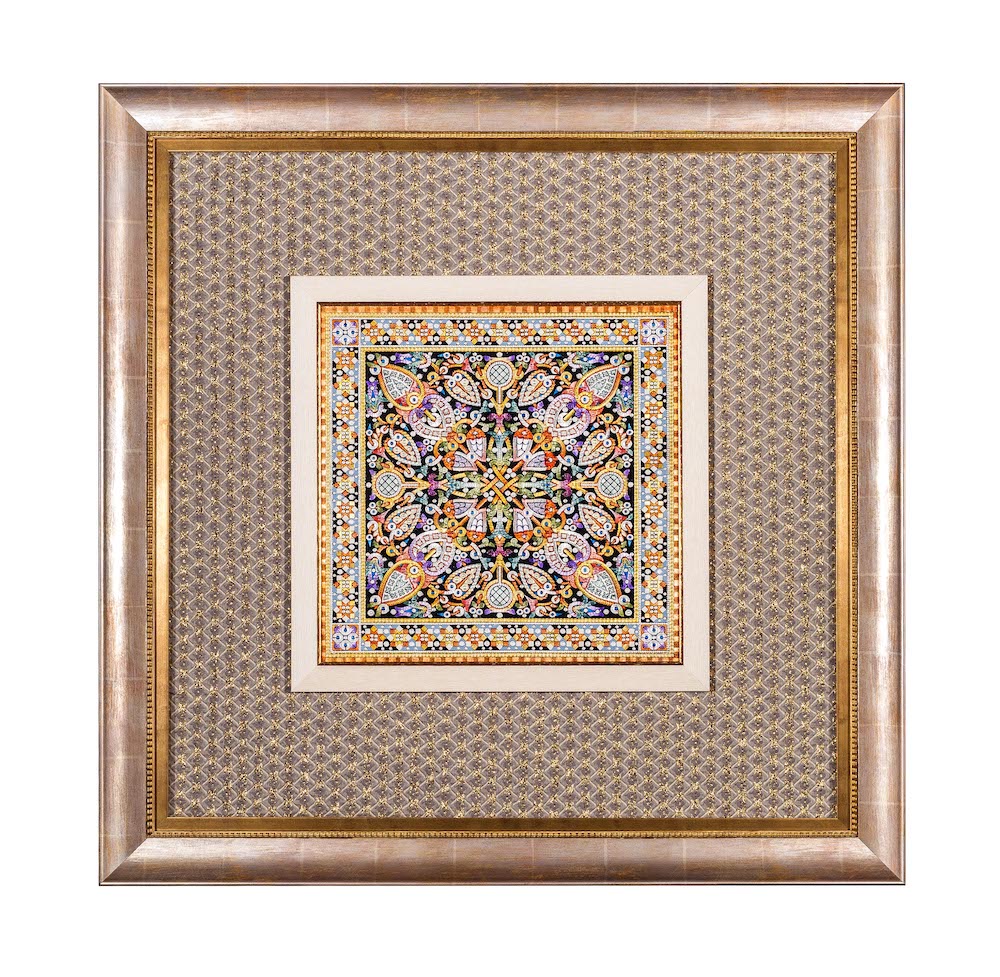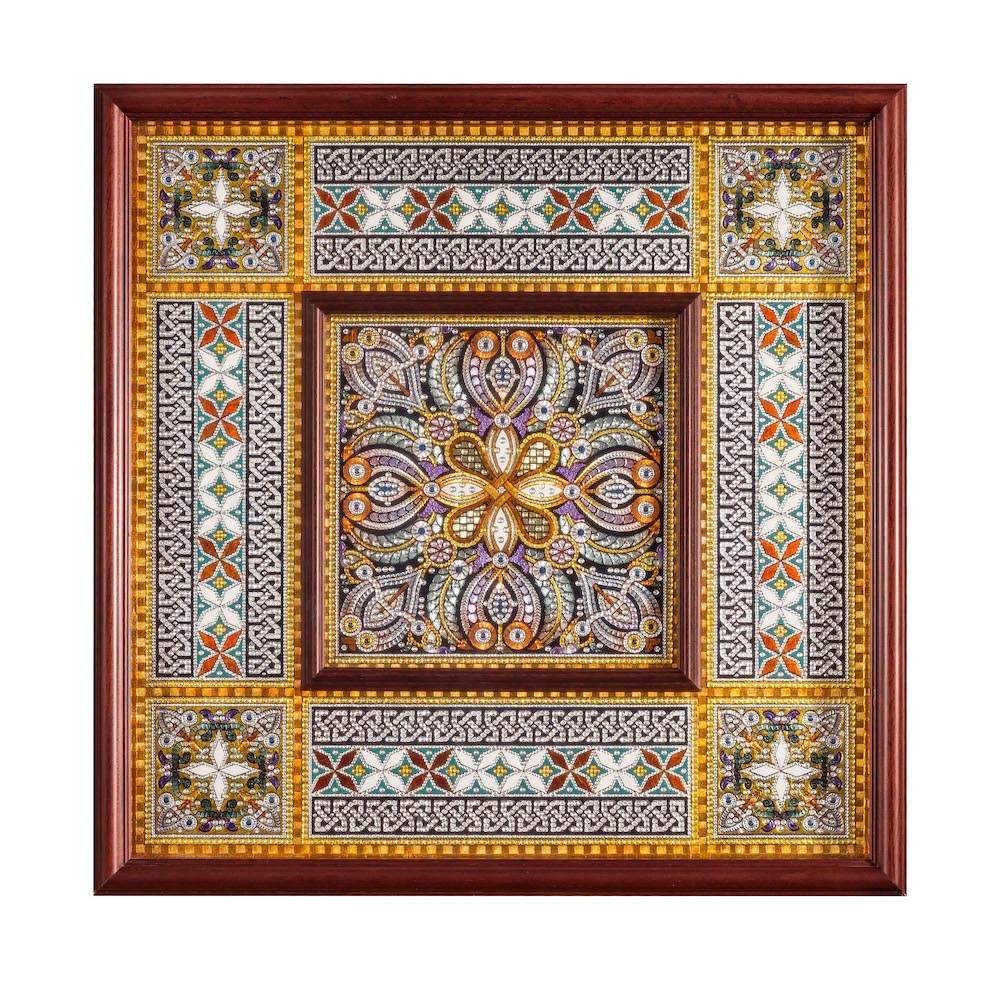Arab News writers share insights on some of their favorite destinations.
PARIS
Paris in the springtime? Non, merci. Summer is by far the best time to visit. With many Parisians away on holiday and fewer fellow tourists to compete with, the Metro, boulevards, boat trips, bistros, pavement cafés and museums will all be quieter.
If you’re looking for culture, invest in the official Paris Museum Pass, which gives you access to more than 50 museums and monuments (but not the Eiffel tower, which has its own booking system). Also note that for some sites, including the Louvre, it’s necessary to book a timeslot.
One must-see? The Musée Rodin, a hidden gem full of the artist’s breathtaking sculptures and boasting a charming restaurant in its elegant garden. Although it’s close to the Eiffel Tower, it’s usually quiet. One must-do? Swim in the Seine at one of five supervised sites between July 5 and Aug. 31, or in the open-air riverside Joséphine Baker pool. Warning: Do not watch the movie “Under Paris” beforehand.
Jonathan Gornall
MALLORCA
Despite recent tensions over tourism, Mallorca remains one of the most welcoming places I know. The largest of the Balearic Islands is far more than the sum of its picture-perfect parts; it’s a place with soul and a unique cultural presence. Many come here seeking a slower rhythm, a certain stillness. Some say the “Isla de la Calma” is vanishing, but I’ve always found it: in the hush of Tramuntana villages, in the markets where locals linger over late-morning tapas, and in the soft blue of the sea. But Mallorca asks those seeking tranquility for something in return: attention, care, curiosity, restraint. It may slightly unkempt these days, but the island still holds a character all its own to be discovered. And in a world where nothing stays hidden for long, the question is not how to keep such places untouched, but what kind of presence we choose to have within them.
Gabriele Malvisi 
ISTANBUL
Istanbul’s invigorating assault on the senses is on a par with Tokyo’s, but its chaos is far less controlled — from the higgledy-piggledy groupings of hillside houses and the bustle of the Grand Bazaar to the snatches of enticing smells and sounds that emerge from every alleyway. Famously, the city straddles Asia and Europe, and that wonderful mix of influences infuses the place — as do its millennia of history as a global center of culture. The generosity and hospitality of its people is evident through the love shown to the city’s army of street cats, who lounge carelessly everywhere, receiving the respect cats believe is their due. You could spend weeks exploring Istanbul’s museums and architecture. You could spend an equal amount of time exploring its street food, bars and restaurants. You could also shop till you’re broke, or relax in its serene parks. And whatever your creed, it’s impossible not to be moved by the awesome grandeur of the Blue Mosque.
Adam Grundey 
LOCH LOMOND
Driving through the imposing forest on our way to the chocolate box village of Luss on the shores of Scotland’s Loch Lomond and The Trossachs National Park, each bend in the road offered a glimpse of breathtaking beauty: lochs, towering oak and pine trees, and craggy mountaintops misted in fog. The absolute highlight of our trip to the area last summer, though, was the Three Lochs Forest Drive near Aberfoyle. The awe-inspiring Trossachs scenery is accessible even if you can’t hike, with plenty of places to park up and take in wonderous views amid the peace and quiet of the area known as the gateway from the Scottish lowlands to the highlands. The storied Stirling Castle, home to many a Scottish monarch, sits on an imposing volcanic crag less than an hour’s drive from Loch Lomond, while the area’s rich history begins with Neolithic settlements and encompasses such famous figures as Robert the Bruce.
Saffiya Ansari 
GEORGIA
I arrived in Georgia in the heart of winter — no crowds, bare trees, and snow-capped mountains resting peacefully. This wasn’t the Georgia of summer postcards, but a country at rest, quietly revealing its soul. Tbilisi, with its redbrick houses and winding alleys whispering centuries-old stories, felt intimate. I stood beneath the towering Chronicle of Georgia, its carved figures frozen in silent narrative, and later met the Mother of Georgia, sword and bowl in hand — a symbol of protection and hospitality.
In Mtskheta, the morning unfolded in the Check-In Garden café over rich hot chocolate and molten-cheese Khachapuri — comfort food that felt like a warm hug. The smallest details charmed me: streetside pomegranate juice, colorful Churchkhela sweets dangling in windows, and locals ready with stories or recommendations.
A road trip through Borjomi and Gudauri showcased winter’s magic: paragliding over frozen peaks, skiing down hushed slopes, racing snow buggies through pine forests. Georgia doesn’t demand your attention — it wins it, slowly, like a story shared by a crackling fire.
Nada Hameed 
THE MALDIVES
The Maldives is the perfect setting to unwind, reconnect with nature and experience total peace. Surrounded by lush greenery and turquoise waters, it’s a place where time slows down. You can explore vibrant marine life in any of its many resorts, even right outside your villa. We took a boat trip to swim with manta rays — an unforgettable experience. The calm, clear waters make it easy to immerse yourself in the beauty beneath the surface, and it truly feels like entering another world. At night, the lack of light pollution makes it perfect for stargazing in complete serenity. And if you’re lucky, you might even catch a shooting star.
But a visit to this nation of islands isn’t about checking off a list of activities — it’s about stillness, simplicity, and being fully present. The Maldives offers a rare escape; the outside world fades away, and nature becomes the only thing that matters.
Hams Saleh
MEXICO CITY
While Mexico is famed for its all-inclusive beach resorts, Mexico City — aka CDMX — offers something more real: a true melting pot of history, culture, art and food. Standing in the Zócalo, surrounded by the Metropolitan Cathedral (built over the ruins of an Aztec temple) and the National Palace (which features stunning murals by Diego Rivera) is like being transported back in time, while the upscale neighborhoods of Polanco and the hipster areas like Condesa and Roma Norte offer a stark contrast. The lush tree-lined streets of these areas are full of hidden gems, from high-end boutiques and Instagrammable eateries to unassuming cafes and quaint markets. And the real beauty of CDMX lies in its pleasant surprises, like eating probably the best sandwich I’ve ever had from a street vendor, or stumbling upon a pop-up market with dozens of local artisan stallholders. Much like the city itself, a holiday here is full of unpredicted joys.
Zaira Lakhpatwala 
OMAN
Over many years in the Gulf, Oman has become my go-to place when people visit, for several reasons: The Sultan’s palace, a brilliantly colorful work of art; the crystal-clear waters of its beaches; the bustling souks; and the Royal Opera House — simple, but ornate inside and out. I remember fondly sitting with my mother at a café on the beach in Muscat’s embassy district, the sea lapping over the white sands. Nothing spectacular happened, but it was a perfect moment. Away from the city and a short drive from Nizwa is Oman’s highest point of Jebel Shams. The hike along the valley’s edge takes four to five hours — well worth it for the spectacular views of the twisted mountains and the lush, green wadi below. Then there’s Jebel Akhdar, from which you can take in stunningly beautiful landscapes lined with small plantations and tiny villages. Whether you’re in the city or wandering through its mountainous landscape, Oman is a calm and welcoming place.
Peter Harrison 
BALI
Its lush rice terraces, ancient temples, volcanic mountains, and postcard-perfect beaches — and its nightlife — have made Bali famous. But what truly sets it apart as a life-changing experience is its people. I spent a month volunteering as an English-language teacher for young children in a quiet village in the heart of Ubud. Mornings began with Canang Sari — locals place offerings of rice and incense on their doorsteps as small acts of gratitude to the gods. I joined school celebrations of the full and half moon, and even attended a funeral that felt more like a festival. The villagers, living simply yet radiating warmth, permanently reshaped my understanding of happiness. It doesn’t come from achievements or luxury, but from gratitude, service, and a genuine connection with yourself, your surroundings, and people who share your values. Yes, the beaches are stunning, and the parties are vibrant, but the real magic is seeing Bali through the eyes of those who call it home.
Sherouk Zakaria 
AMSTERDAM
One of my all-time favorite summer destinations, there’s something about the mix of art, history, and chill vibes that just feels right about Amsterdam. Whether you’re spending hours wandering through the Van Gogh Museum, the Rijksmuseum, or just stumbling on cool street art in random corners, or strolling along the city’s many beautiful canals while chomping down warm stroopwafels, the Dutch capital is the perfect place to visit if you’re in need of inspiration. Just a short drive outside of the city, you’ll find those classic windmills and peaceful fields that look like they belong in a storybook. And for a fun but laid-back night, you can’t go wrong with Pllek in Amsterdam Noord, with its eclectic menu, upcycled decor, waterfront views, and a vibe that blends beach bar with urban cool.
Shyama Krishna Kumar 






























